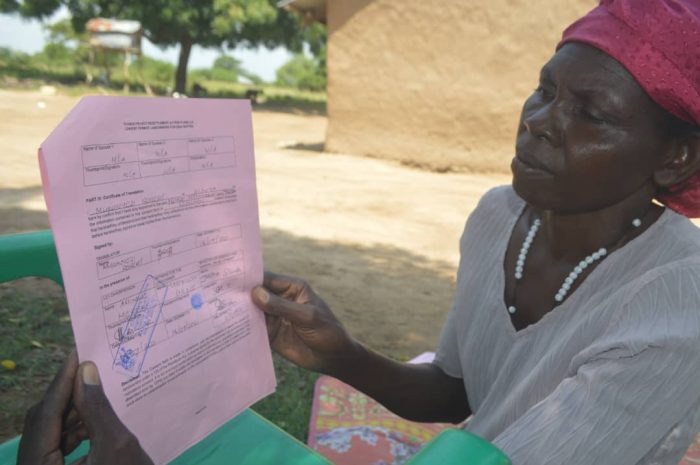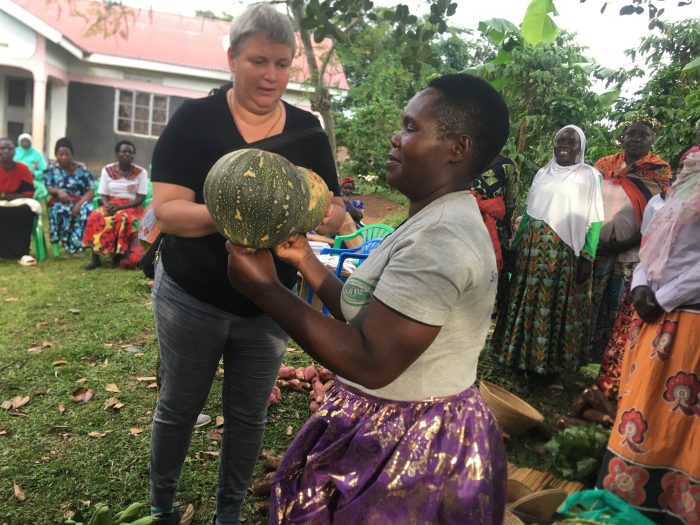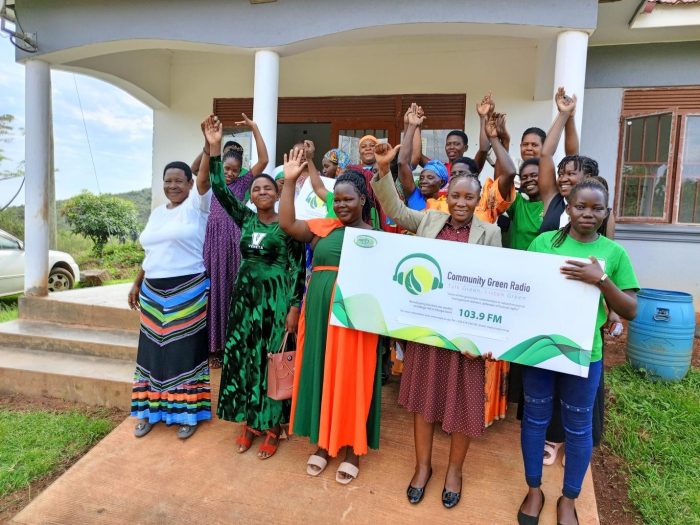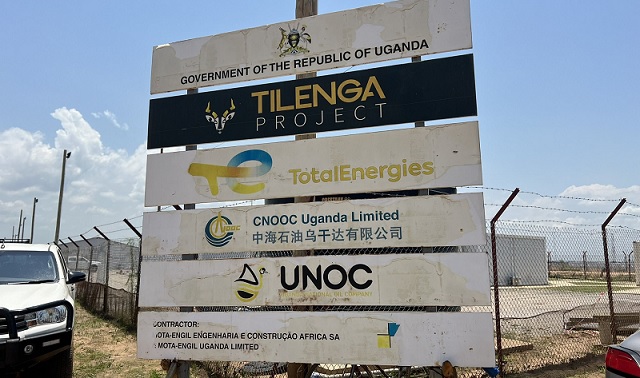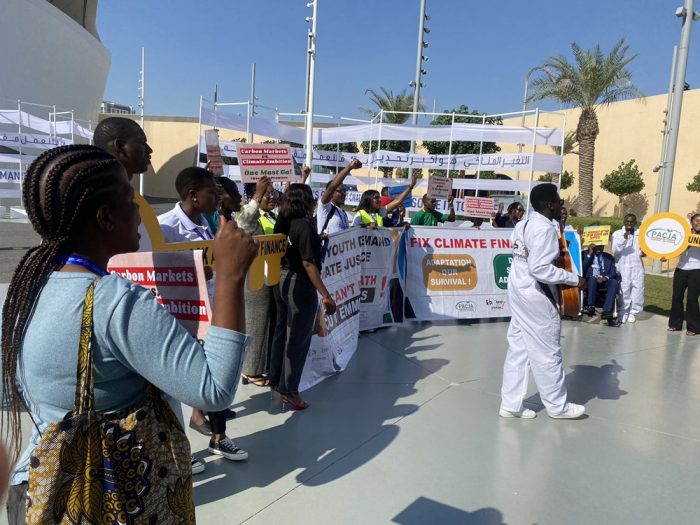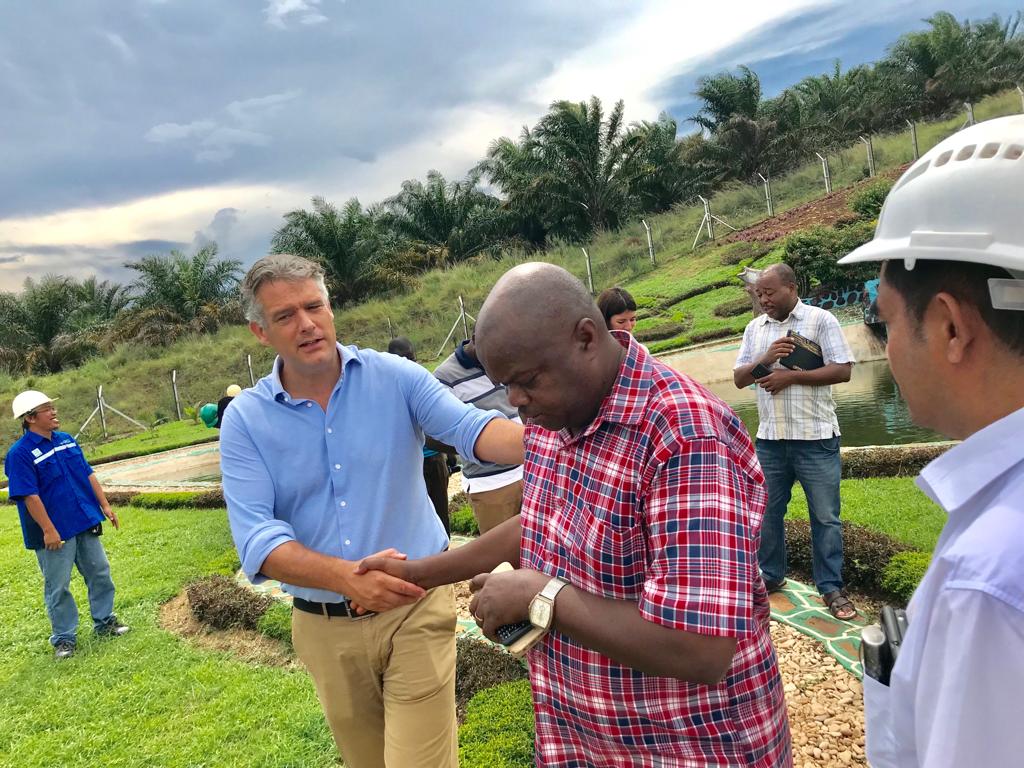
By NAPE Editorial Team
Buliisa District Council has unanimously passed a resolution to legally recognise the Customary/Earth Laws of the Bagungu indigenous communities which had been documented with the support of the National Association of Professional Environmentalists (NAPE).
The council session presided over by the Deputy Speaker Joyce Mbabazi Kadogori, passed a motion to recognize and customize the earth laws on Wednesday, 6th November 2019. The motion to recognize customary laws was moved by Gilbert Tibasimwa the district youth councilor and was seconded by Yofes Mudaaki, councilor for Buliisa sub-county before members unanimously passed it pending procedures to formulate these customary laws into an ordinance.
After the recognition by the government, these customary laws will guide the 26 custodial clans to lead all the other 56 indigenous clans in Buliisa district to protect their traditional food systems, ancestral land and ecosystems referred to as territories in which the Sacred Natural Sites are embedded as spiritual energy spores of the Mother Earth.
These Community Ecological Governance laws will also help the communities to rejuvenate their indigenous knowledge systems, thus reweaving the basket of life; both terrestrial and aquatic.
The customary laws for Bagungu first went through, the district Technical Planning Committee headed by the Buliisa Chief Administrative Officer Chrezostom Kayizi which approved them and forwarded them to the District Executive Committee (DEC) headed by District chairman Agaba Simon Kinene who also approved them and forwarded them to the district Speaker for council plenary.
During council session, the custodians of Sacred Natural Sites led by their chairperson Robert Mukitare defended their resolution to have the customary laws documented because they would guide them in conserving their natural heritage and in defending their food and land rights.
Robert Katemburura, the Head of Community Ecological Governance program at the National Association of Professional Environmentalists (NAPE) told councilors that once passed, these customary laws will supplement the implementation of Section 4 of the National Environment Act (2019) that recognizes rights of nature to exist, persist, and regenerate its vital cycles in the processes of evolution.
Sacred Natural Sites are included within conservation areas for which Rights of Nature law applies.
The Bagungu Communities in Western Uganda are now the first indigenous communities in Africa and on the globe to successfully push their governments to integrate customary laws into their existing legal frameworks.
With the help of the European Union, the African Biodiversity Network, and the Gaia Foundation, NAPE has been leading this process in Hoima and Buliisa districts through community dialogues that saw the formation and registration of the Custodial clans Association.
NAPE and her partners facilitated the process to ensure that elders and custodians of indigenous knowledge documented these laws in cognizant to the Treaties and conventions to which Uganda is a signatory. Example is the Universal Declaration of Human Rights which recognizes one’s right to freely participate in cultural life without discrimination. Sacred Natural Sites and Territories could be recognized under this section, and their protection from destruction by industrial development required full legal recognition by the Local Governments.
The African Commission on Peoples’ Rights which had earlier recognized custodians of Sacred Natural Sites in Buliisa has welcomed this pronouncement by the Ugandan District Local Governments.
The Buliisa District Chairman Simon Kinene hailed NAPE and partners for supporting this milestone achievement towards conservation of nature.
He asked the custodians of sacred natural sites not to condone some acts and practices which contravene the existing laws on environment and natural heritage in general.
Frank Muramuzi, the NAPE Executive Director says his organization will be working with partners like Buliisa Local Government to develop these laws into an ordinance. He says as the process enters into the legal domain, it requires drawing on experiences elsewhere, especially within the Earth Jurisprudence and indigenous networks.
Early this year, NAPE, Gaia Foundation and Advocates for Natural Resources &Development (ANARDE) in a joint campaign, successfully pushed parliament to amend the National Environment Act and included Section 4- “Rights of Nature”. This is means that a tree or Lake Albert through their custodians can sue anybody or company degrading them and perpetrators be forced to pay heavily for the damages.

